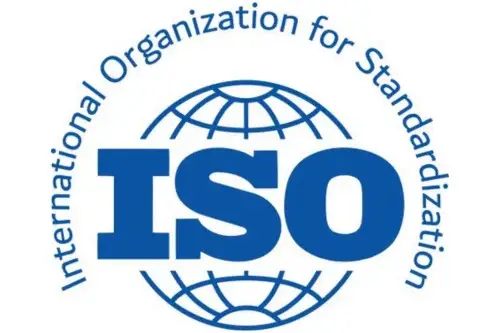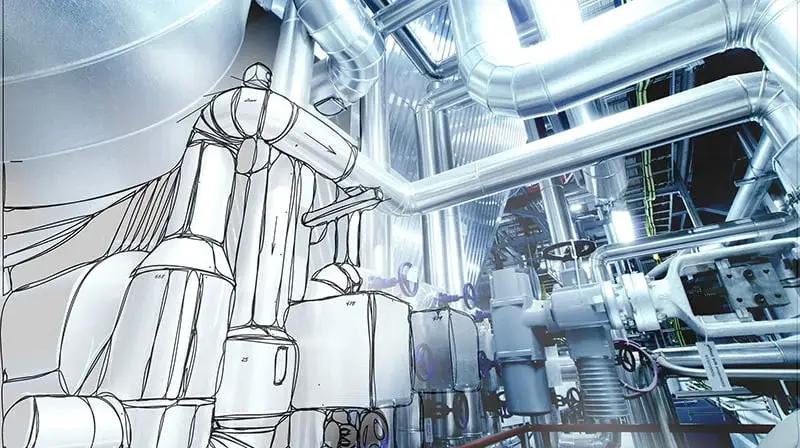What is Product Standardization?
All successful mass-produced products are built, shipped, and used in the same manner each time they are produced, shipped, and used. The way in which a product behaves consistently throughout its life cycle is not the result of good luck;











